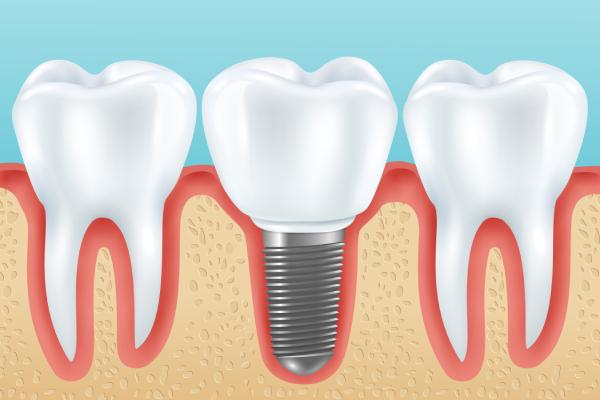When a dentist recommends a root canal, one of the concerns for many is whether the procedure is safe. A root canal is often the last resort to prevent tooth extraction. Some people think a root canal should be avoided, others think it’s safe. So are root canals safe?
Table of Contents
What Is a Root Canal?
Root canal therapy is a dental procedure that relieves pain from an infected or abscessed tooth. During root canal treatment, the inflamed pulp is removed. The surfaces inside the tooth are then cleaned and disinfected, and a filling is placed to seal the space.
Is Root Canal Safe?
When it comes to whether a root canal is safe, the answer is yes. In fact, today’s endodontic devices are more effective at removing bacteria during tooth cleaning and better managing pain, so the treatment is safer and less painful than in the past. It’s time to reflect on how you think about root canal treatment. You can have this procedure to save a tooth while reducing the pain.
Symptoms That You Need Root Canal Treatment?

In some cases, you may not know you have an infection in your tooth. However, many people notice certain symptoms. Signs that a root canal is needed include:
Toothaches that don’t go away: Many dental problems can cause toothaches. If you have pain deep within your tooth, you may need root canal treatment. Discomfort may also radiate to your jaw, face, or other teeth.
Hot and cold sensitivity: If you have a toothache while drinking hot coffee or eating ice cream, it may mean you need a root canal. This is especially true if the pain persists for more than a few seconds.
Swollen gums: When a tooth becomes infected, pus can collect in the area. This can cause swollen, swollen, or tender gums.
Pimples on your gums: You may develop pimples or boils on your gums. Pus from infected teeth may flow from the pimple, causing an unpleasant taste or odor.
Swollen jaw: Sometimes pus does not flow from the wound. As a result, your jaw may become noticeably swollen.
Tooth discoloration: When the pulp of the tooth becomes infected, it can cause the tooth to become darker in color. This is because the blood supply to the teeth is insufficient.
Pain with pressure: If you feel pain when you eat or touch your tooth, it may mean that the nerves around the pulp are damaged.
Chipped or cracked teeth: If you crack a tooth in an accident, while exercising, or even when you bite down on something hard, bacteria can go all the way to the pulp.
Loose teeth: Infected teeth may feel loose. This is because pus from infected pulp can soften the bone that supports the tooth.
Bacterial Risk Of Root Canals
Given that bacteria are often the reason root canals are performed, there is also a small risk of these bacteria remaining after root canals. Although the interior of the dental canal is cleaned, it is thought to be nearly impossible to completely remove all bacteria from the tiny lateral dental canals.
To overcome this risk, teeth undergoing root canal treatment are sealed with adhesive to prevent leakage of toxins produced by any bacteria that remain inside the tooth. However, root canal complications are mainly caused by the escape of toxins released by this bacteria into the body from the dead tooth. For people with weakened immune systems, this can cause ongoing health problems.
Although this is an extremely common treatment, holistic dentistry advocates believe the risk of the root canal and bacterial infection is too high, and caution should be exercised.
Conclusion
Sometimes bacteria get into the pulp and cause an infection. When this happens, root canal treatment is necessary to save the tooth. A root canal is a safe treatment that can help you save your tooth.

